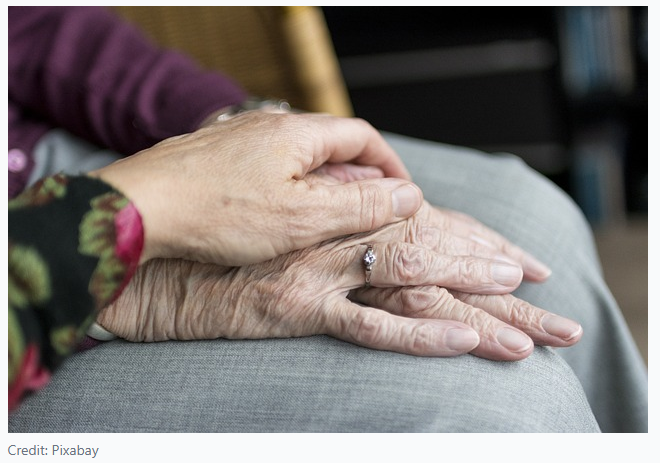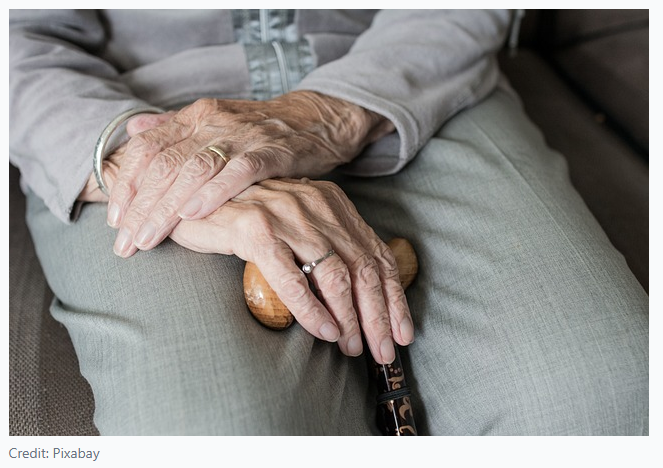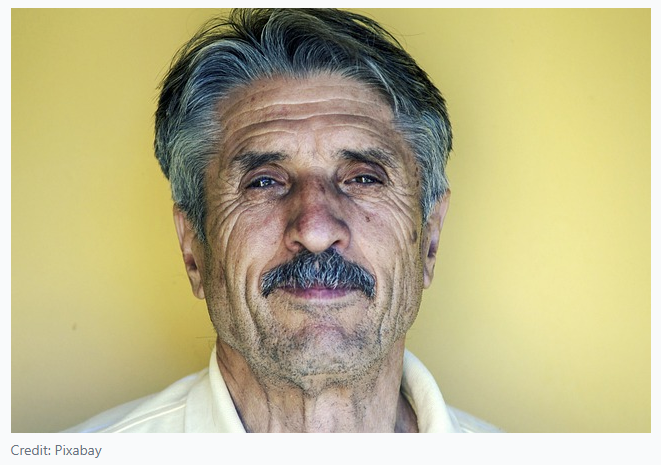Nurses and caregivers, often present during a patient’s final days, have witnessed countless end-of-life moments. With this experience, they’ve come to recognize specific signs that indicate a person may be nearing death. One lesser-known but remarkable sign is a sudden burst of energy, commonly referred to as terminal lucidity. To raise awareness, many nurses have started sharing their insights about this phenomenon on social media. In this article, we’ll explore what terminal lucidity is, why it occurs, and what it might mean for patients and their families.
Nurse’s Perspective: A Surge Before the End

Ruby Gramlow, a nurse at Hospice of the Red River Valley in the U.S., recently shared her observations in a blog post. She highlighted the importance of being present with loved ones in their final moments and described signs that suggest death may be approaching. Among these signs, she noted one that often confuses families: a sudden return of clarity and energy. Patients may appear more alert, responsive, and engaged—leading families to believe they’re improving. Unfortunately, this is typically a fleeting phase, lasting anywhere from minutes to several hours, and usually happens one or two days before death.
Does Every Dying Person Experience This Energy Surge?

As death approaches, people often sleep more, speak less, and stop eating or drinking. However, about 40% of patients may briefly experience a return of energy and mental clarity. This can include increased appetite, alertness, and the ability to hold conversations. In dementia patients, this phenomenon is referred to as terminal lucidity, where they temporarily reconnect with their personalities and memories. While families may interpret this as a sign of recovery, experienced caregivers know it’s often the opposite—a final moment of clarity before death.
Recognizing Other Signs of Terminal Lucidity

During this surge, patients may unexpectedly sit up, speak clearly, and engage in meaningful conversations. They might ask for food or drink, or want to discuss certain topics. Sometimes, however, the behavior may seem strange—they might speak incoherently, appear restless, or seem to interact with unseen individuals. Some even describe visions of loved ones who have passed or feelings of peace, light, or being between two realms. These experiences, though mysterious, are frequently reported by those nearing the end.
Understanding the Mystery Behind Terminal Lucidity

The causes behind terminal lucidity are still largely unknown. While it’s often observed in dementia patients, it has also been documented in those with strokes, brain tumors, and schizophrenia. Scientists don’t yet understand the neurological basis for this phenomenon, but they believe that studying it could lead to breakthroughs in understanding brain function and end-of-life processes—especially in conditions like dementia. Continued research could eventually open doors to new treatments or therapeutic approaches.
How Long Does Terminal Lucidity Last?

One study found that about 90% of dementia patients who experienced terminal lucidity passed away within seven days. Of those, 41% died within one to two days, and 15% died just hours after the episode. While it can offer a final moment of connection, it can also raise false hopes. With greater awareness, families may be better prepared to understand the significance of this moment and use it as a final opportunity to say goodbye and find closure.
Final Thoughts: A Bittersweet Moment

Watching a loved one deteriorate is deeply painful. Any sign of improvement often brings hope—but sometimes, these signs are not what they seem. A sudden burst of energy or clarity in someone who is terminally ill may actually signal the nearness of death. Known as terminal lucidity, this moment can be a gift—a final chance for meaningful interaction—but it also marks a nearing farewell. Understanding this phenomenon can help families prepare emotionally and cherish their loved one’s final moments with awareness and compassion.


